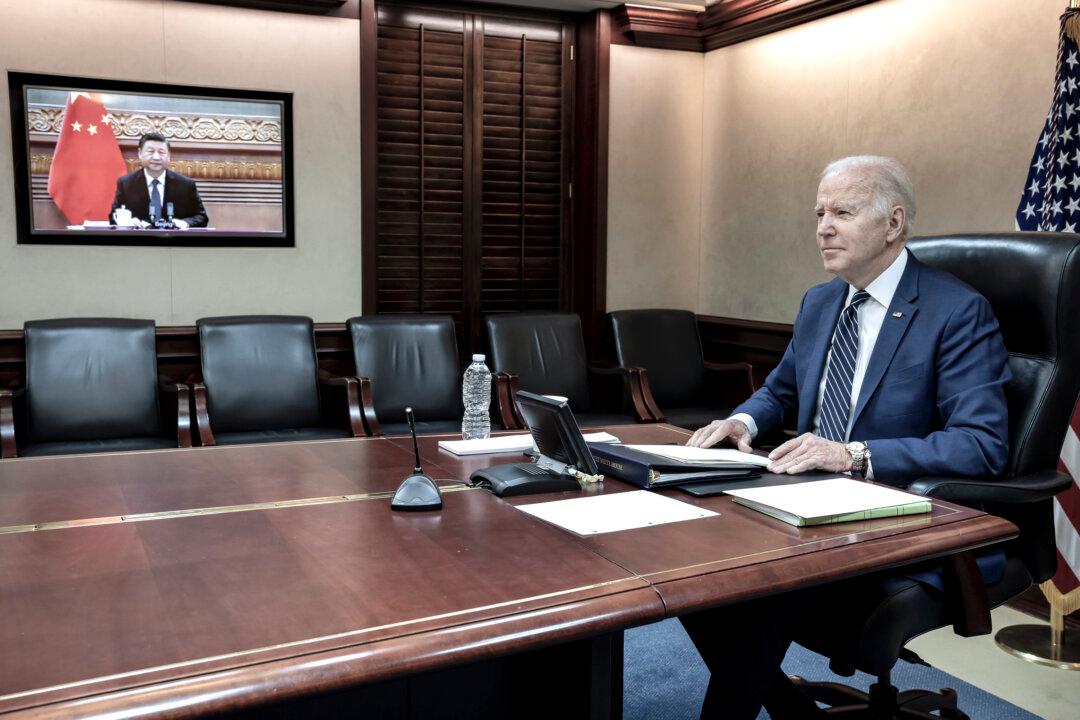President Joe Biden held a two-hour video call with Chinese Communist Party (CCP) General Secretary Xi Jinping on March 18, following allegations from the U.S. administration that China was considering giving military assistance to Russia for the ongoing war in Ukraine.
“President Biden detailed our efforts to prevent and then respond to the invasion [of Ukraine], including by imposing costs on Russia,” said a White House readout of the call.




